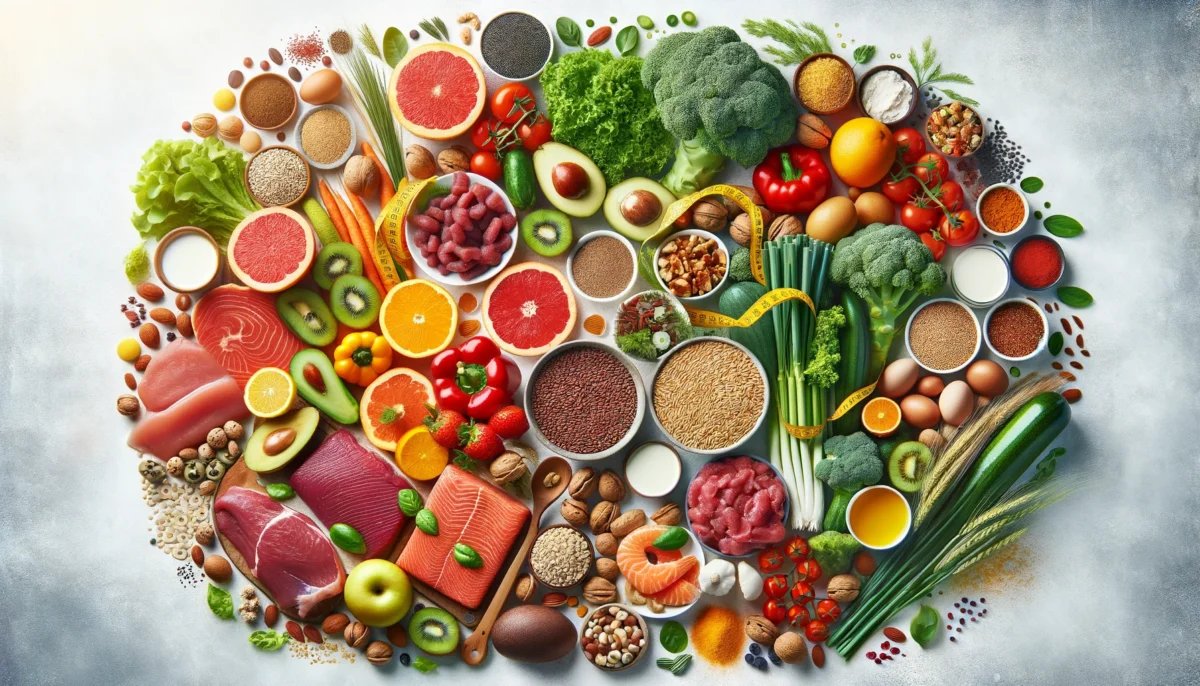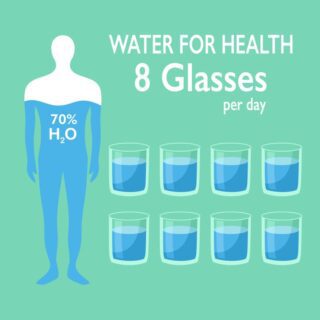Plant-Based vs. Meat-Based Diets: Health Benefits and Risks Compared

In the quest for optimal health, the choice between plant-based and meat-based diets often takes center stage. As more people become health-conscious, this debate has garnered significant attention, making it essential to understand the health benefits and risks associated with each diet. Whether you’re considering a dietary switch or simply seeking to enhance your current eating habits, this comprehensive comparison will provide valuable insights to guide your decision.
The Rise of Plant-Based Diets
Plant-based diets, which emphasize fruits, vegetables, grains, nuts, and seeds while excluding or minimizing animal products, have surged in popularity. This trend is driven by various factors, including health benefits, environmental concerns, and ethical considerations.
Health Benefits of Plant-Based Diets
- Reduced Risk of Chronic Diseases: Numerous studies have shown that plant-based diets can lower the risk of heart disease, hypertension, type 2 diabetes, and certain cancers. The high fiber content, coupled with an abundance of antioxidants, contributes to these protective effects.
- Improved Digestive Health: The fiber-rich nature of plant-based foods promotes healthy digestion and prevents constipation. A diverse gut microbiome, supported by a variety of plant foods, enhances overall gut health.
- Weight Management: Plant-based diets are often lower in calories and fat, making them effective for weight loss and maintenance. The high fiber content also promotes satiety, reducing overall calorie intake.
- Lower Inflammation: Plant foods are rich in anti-inflammatory compounds that can help reduce chronic inflammation, a key factor in many diseases.

Risks and Considerations
- Nutrient Deficiencies: Without careful planning, plant-based diets can lack essential nutrients such as vitamin B12, iron, calcium, and omega-3 fatty acids. Supplementation and fortified foods can mitigate these risks.
- Protein Intake: While plant-based proteins are available, they may require more effort to consume in adequate amounts. Combining different plant proteins can ensure a complete amino acid profile.
The Case for Meat-Based Diets
Meat-based diets, which include a significant portion of animal products, have been a staple for many cultures worldwide. They offer distinct health benefits but also come with potential risks.
Health Benefits of Meat-Based Diets
- Nutrient Density: Meat is a rich source of essential nutrients, including high-quality protein, iron, zinc, and vitamin B12. These nutrients are readily absorbed and utilized by the body.
- Muscle Maintenance and Growth: The complete protein found in meat is crucial for muscle repair and growth, making it beneficial for athletes and individuals with higher protein needs.
- Bone Health: Animal products provide bioavailable calcium and vitamin D, essential for maintaining strong bones and preventing osteoporosis.
- Satiety and Weight Management: High-protein diets can promote feelings of fullness and aid in weight management by reducing overall calorie intake.
Risks and Considerations
- Heart Disease and Cancer: High consumption of red and processed meats has been linked to an increased risk of heart disease, certain cancers, and stroke. Choosing lean meats and moderating intake can help mitigate these risks.
- Inflammation: Some studies suggest that excessive meat consumption, particularly processed meats, can lead to chronic inflammation, contributing to various health issues.
- Environmental Impact: Meat production has a significant environmental footprint, contributing to deforestation, greenhouse gas emissions, and water usage. This consideration is essential for those concerned about sustainability.
Making an Informed Choice
Ultimately, the choice between plant-based and meat-based diets should be personalized, taking into account individual health needs, ethical beliefs, and environmental concerns. Here are some tips for making an informed decision:
- Consult a Healthcare Professional: Before making significant dietary changes, seek advice from a healthcare provider or a registered dietitian to ensure your nutritional needs are met.
- Focus on Quality: Regardless of dietary preference, prioritize whole, minimally processed foods. Choose organic produce and lean meats to maximize health benefits.
- Balance and Variety: Incorporate a wide range of foods to ensure a balanced intake of essential nutrients. For plant-based eaters, this might mean combining legumes, grains, nuts, and seeds. For meat-eaters, it involves including plenty of vegetables, fruits, and whole grains.
- Listen to Your Body: Pay attention to how your body responds to different foods. Energy levels, digestion, and overall well-being can provide valuable feedback on your diet’s suitability.
Conclusion
Both plant-based and meat-based diets offer unique health benefits and potential risks. By understanding these factors and making informed choices, you can tailor your diet to support your health, align with your values, and contribute to a sustainable future. Whether you lean towards plants, meat, or a balanced combination of both, the key is to cultivate a mindful and intentional approach to eating.
Summary:
- Summary of “Plant-Based vs. Meat-Based Diets: Health Benefits and Risks Compared”
- Plant-Based Diets:
- Health Benefits:
- Reduced risk of chronic diseases (heart disease, hypertension, type 2 diabetes, certain cancers)
- Improved digestive health due to high fiber content
- Effective for weight management
- Lower inflammation due to anti-inflammatory compounds
- Risks and Considerations:
- Potential nutrient deficiencies (vitamin B12, iron, calcium, omega-3 fatty acids)
- Requires effort to ensure adequate protein intake
- Meat-Based Diets:
- Health Benefits:
- Nutrient-dense with high-quality protein, iron, zinc, and vitamin B12
- Supports muscle maintenance and growth
- Benefits bone health with bioavailable calcium and vitamin D
- Promotes satiety and weight management
- Risks and Considerations:
- Linked to increased risk of heart disease, certain cancers, and stroke
- Potential for chronic inflammation with excessive consumption
- Significant environmental impact (deforestation, greenhouse gas emissions, water usage)
- Making an Informed Choice:
- Consult healthcare professionals before making dietary changes
- Focus on quality, minimally processed foods
- Incorporate a wide range of foods for a balanced nutrient intake
- Pay attention to how your body responds to different foods
- Conclusion:
- Both diets offer unique health benefits and potential risks
- Tailor diet to support personal health needs, values, and sustainability concerns
- Cultivate a mindful and intentional approach to eating

This article reviewed by Dr. Jim Liu, MD and Ms. Deb Dooley, APRN.
There’s nothing more important than our good health – that’s our principal capital asset.
#medical #telehealth #umedoc










